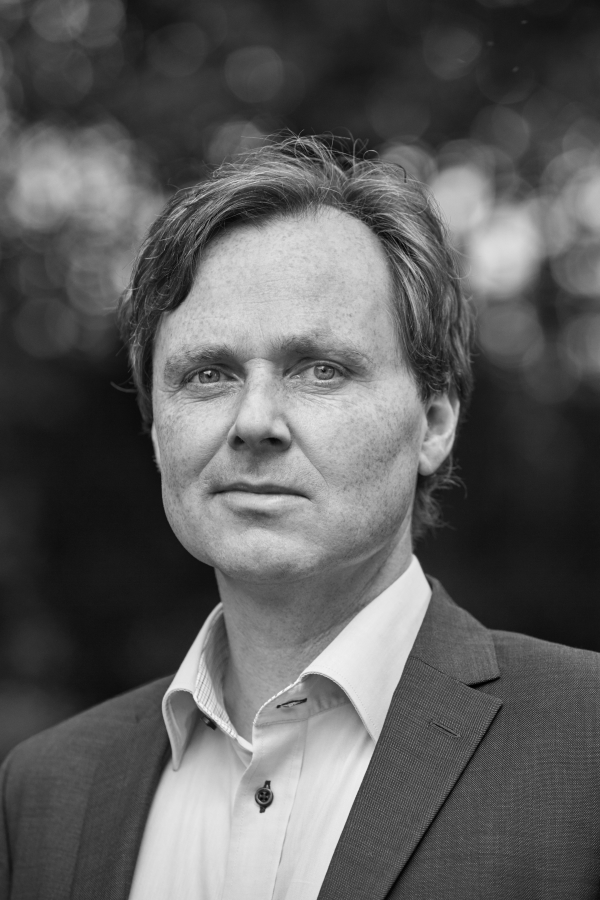CMD´s research agenda is broad and interdisciplinary. One part is focusing on theoretical statistics and time series analysis with applications in finance. A second part is focusing on nonparametric estimation and inference, including random fields, neural networks and deep learning. A third part of CMD’s research agenda is focusing on identification and estimation of causal effects in observational/historical data.
CMD has extensive experience working with deep neural networks and random fields (computer vision and machine learning techniques) and has made significant theoretical and empirical contributions to this research field. In particularly, he has introduced and advanced the use of computer vision and machine learning techniques as new powerful tools when identifying early signs of recessions and booms over the economic business cycles. With the increasing availability of an exploding number of digitized historical documents constituting an incredible new, rich and for large parts still unused source of data CMD are now directing his research and his expertise in computer vision and deep leaning towards developing tool for automated harvesting (transcribing) data from digitized historical (and possibly degraded) documents.
Supported by a strategic research initiative at University of Southern Denmark, CMD has very recently established an interdisciplinary research unit on “Big Data Analytics and Digitization” (BDAD) within the Department of Business and Economics (DBE) at SDU. The aim of this research unit is to become the leading interdisciplinary research unit worldwide in harvesting, linking and analyzing individual data from digitized/scanned structured handwritten historical documents. Current research projects involve developing deep learning techniques for transcribing census and church records and about 20 million Danish death certificates. CMD and BDAD is currently working jointly with many national archives in developing citizen science data collection strategies to begin digitalization of health data, including the Danish death certificates. These documents, once transcribed, are of enormous interest to demographers and epidemiologists. In CPop, CMD is working interdisciplinary using transcribed data from individual death records, to study (very) long run patterns in mortality and to better understand how humans are aging.
CMD has acted as principal investigator and co-investigator on several grants mainly funded by the Independent Danish Research Foundation. He has, for example, recently received funding for transcribing data from systematic and large-scale registrations by nurses covering virtually all infants of the 1959-1967 cohorts residing in Copenhagen. This data will make it possible to study early-life health policies, parental investments and socio-economic and health trajectories.
